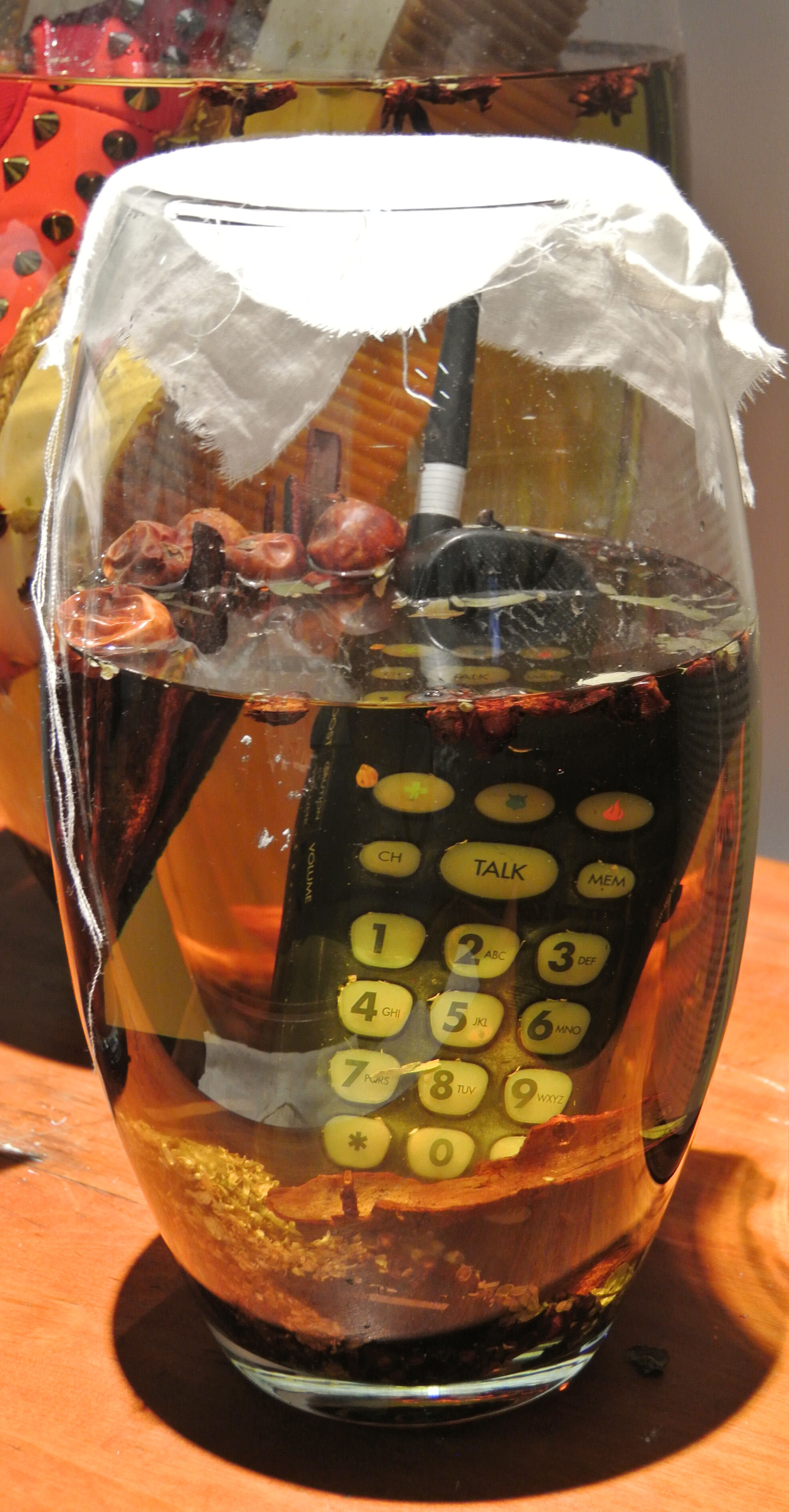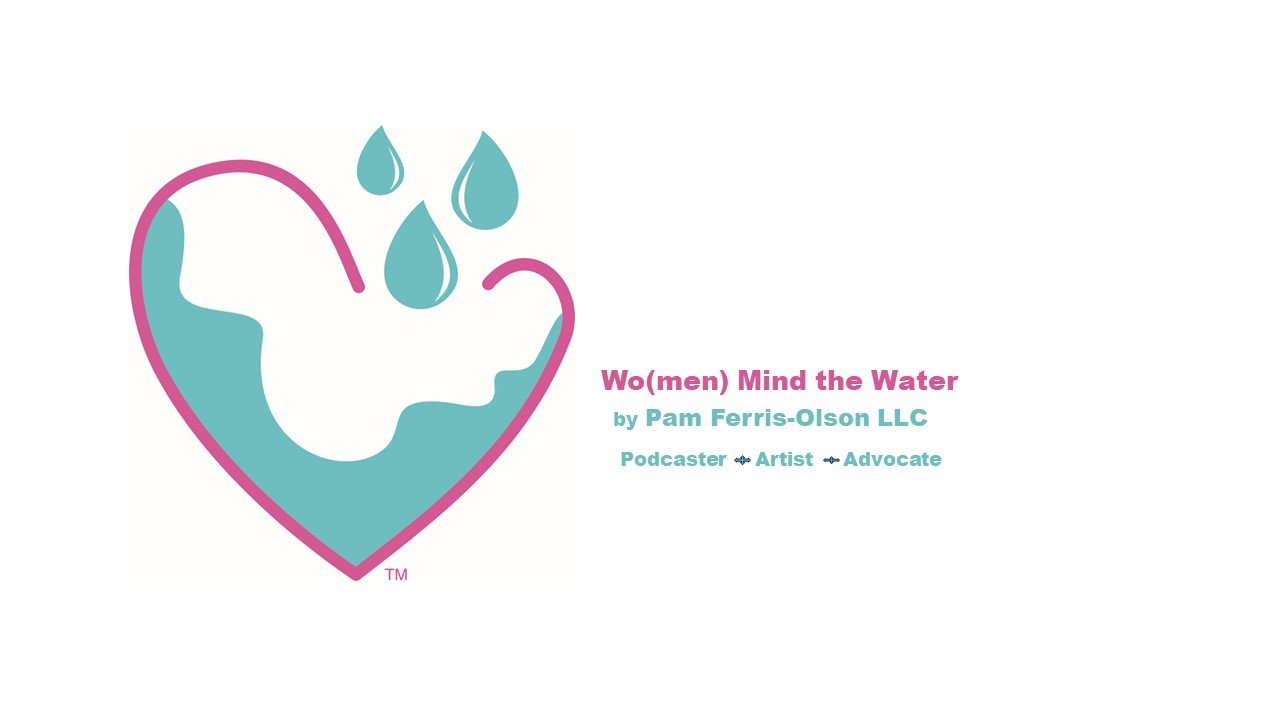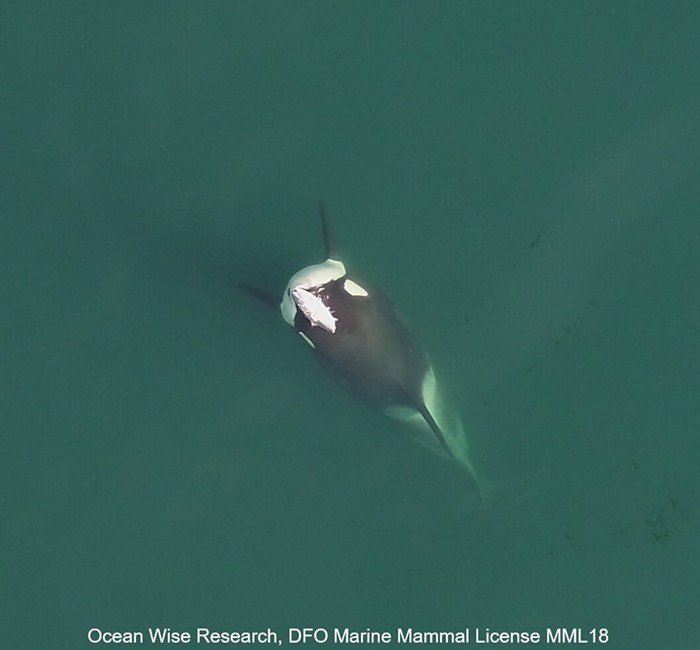
News and Updates
This section features stories that highlight how remarkable yet fragile the ocean is. It also speaks to the connection between humans and the ocean and our responsibility to protect it.
Stories, unless otherwise noted, are written by Pam Ferris-Olson, PhD. Pam has studied ocean creatures, worked in communication, and, as founder of Women Mind the Water, focuses on the relationship between humans and water. Her Wo(men) Mind the Water Artivist Series explores the work of artivists (artists +activists) and their impact in influencing change.
Vaccine Trials Underway in US to Protect Marine Mammals from Avian Flu
Highly pathogenic strain of H5N1 form 20,000+ sea lions in Chile and Peru and 17,000+ southern elephant seal pups in Argentina. Vaccine trial seeks underway to protect health and welfare of marine mammals.
Whales sing about their supper
In a study published in February 2025, researchers monitored whales to learn if their songs could be tied to environmental conditions. The study suggests a relationship does exist and may offers insights into ocean conditions provide resource managers and policymakers with a tool to better protect whales.
Lobster fishery linked to death of North Atlantic right whale calf
When a juvenile North Atlantic right whale carcass washed ashore in Martha’s Vineyard, MA in January it provided the long-awaited evidence that Maine’s lobster gear is involved in entanglements that threatened the survival of this beleaguered whale. According to NOAA, entanglement and vessel strikes are the primary causes for the decline of the species which is thought to number about 360 with fewer than 70 breeding females.
Blue Carbon and the Climate Crisis
What is Blue Carbon? Blue carbon is directly related to marine ecosystems and their ability to sequester carbon dioxide. These ecosystems are pivotal in the fight against climate change. Ecosystems like mangroves, tidal marshes, and seagrass beds also have an important role in protecting coastlines from storm surge, erosion, flooding, as well as providing vital habitat for marine life. Conversely, when blue carbon ecosystems are negatively influenced, directly or indirectly, by human activities, it undermines their ability to sequester and store carbon resulting in the release of harmful greenhouse gases.
Hot Chicks, Cool Dudes: Rising Temperatures and Its Impact on Sea Turtles
Hot chicks and cool dudes. It’s not the latest slogan for Florida but it is apropos. This catchy phrase has been used to describe the effect of climate change on the sex of loggerhead sea turtles hatchlings. Studies show that temperature influences the gender of sea turtle hatchlings with more females born in hot temperatures and males at lower temperatures. A discussion of the research findings.
Fish hats, secret pockets, rock massages and other amazing marine mammal details
Fish hats? On whales? Sometimes in doing research for an article, I come across an odd story on social media. It’s strange enough that I feel compelled to dig deeper trying to find out if it’s an Internet legend or fact based. That was the case with a story I read about orca whales. The story stated that some orca’s in the waters near Seattle had adopted the fashion trend of wearing fish on their heads. Knowing a bit about orca aka killer whales in the wild, I had a healthy suspicion that this story was just that – a story. This article is investigating some of the odd behaviors of marine mammals.
Maine’s Seals Dying from Bird Flu
The influenza strain known as Eurasian H5N1 has been causing outbreaks across Europe, Asia, Africa and the Middle East. It appears to have arrived in North America late in 2021. This strain of avian flu has been identified globally in more than 100 different species of wild birds. The identification of the influenza in the United States is alarming for a number of reasons. This bird flu can spread quickly along migratory bird routes and has the potential to contaminate birds raised on commercial poultry farms. The virus also has been found to infect wild mammals such as foxes, skunks and raccoons. In July 2022, stranded seals along Maine’s coast have tested positive for the virus.












